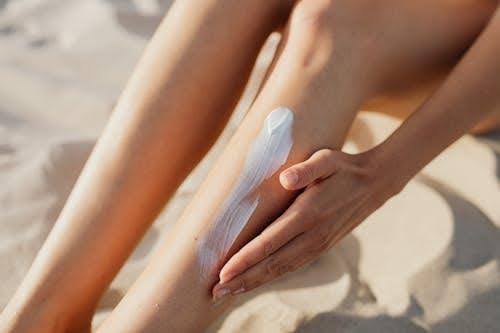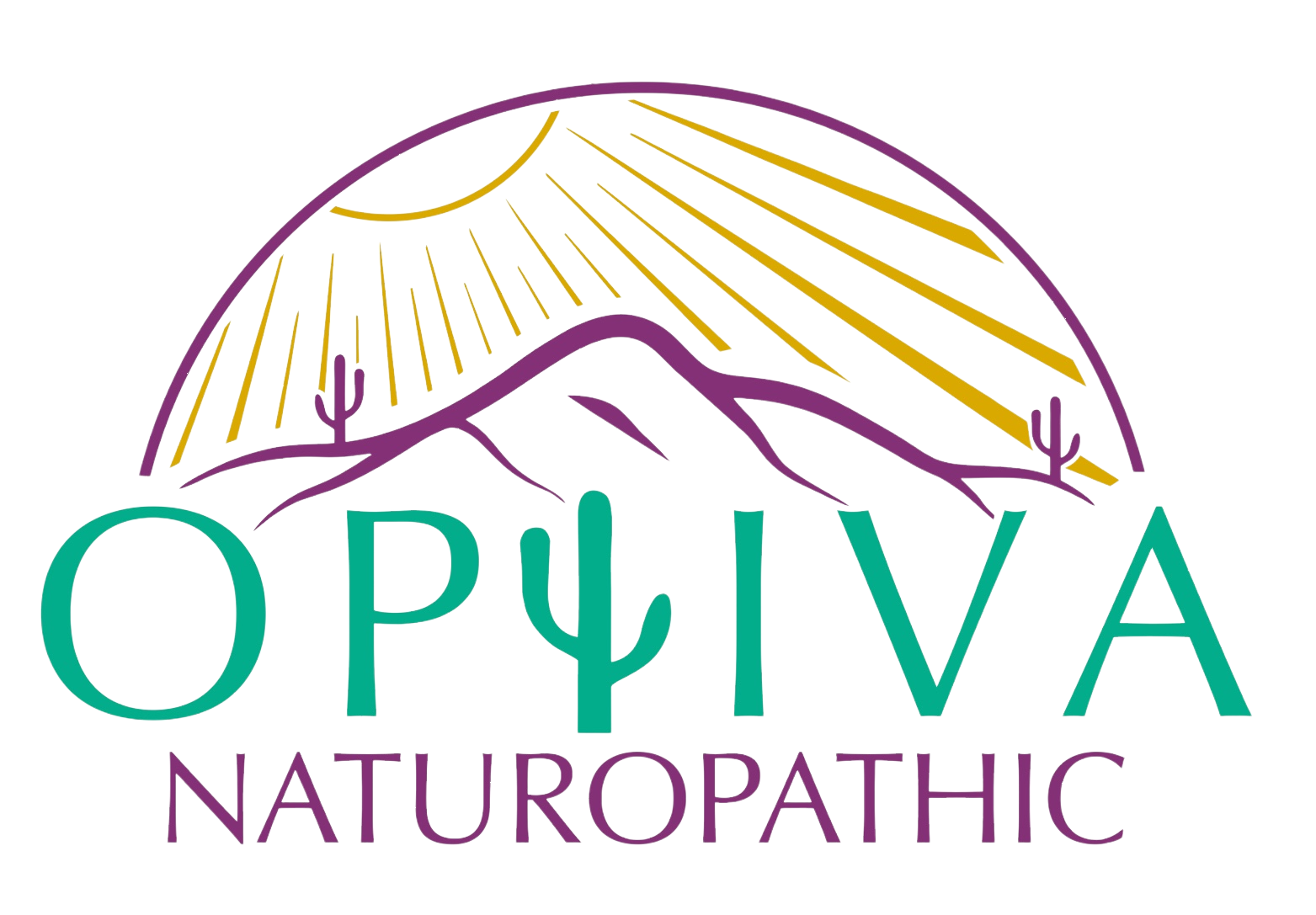
Introduction
To Sun or Not to Sun?? We know there are so many benefits of being out in nature, from grounding to positive effects on mood, exercise, and health benefits of the sunshine vitamin, Vitamin D.
Do we need SPF?
Many myths have proposed on gloomy days we don’t need any SPFs. If we don’t have the right nutrients going in our body through our diet for protection from the inside out, we must still protect from the outside in. Ultraviolent rays (UVA/UBV) are still present in the environment on days that it is gloomy, and cloud-covered, versus sunny days.
What do you do?
- Start in Small increments – limiting direct skin exposure to sunlight to 10min per day before or after times when the sun’s UV rays are highest (ex. Before 11am, after 3pm), and gradually building up in time over many weeks allows the body to naturally absorb Vitamin D, produce melanin, and develop a natural barrier.
- Wear protective clothing during times of high UV radiation.
- Use topical protection that act as UV filters or interfere with biochemical reactions induced by UV (mineral based or retinyl sunscreen, green tea polyphenols, alpha tocopherols, retinyl palmitate/vitamin A)
Supplement with Vitamin A (retinol) from whole food, and animal sources. Yes, animal sources are the only form of bioavailable Vitamin A, such as organic grass-fed, pasture-raised eggs, butter, beef liver, or Cod Liver Oil, and chicken liver but in lesser amounts. And in case you were wondering if brands matter for supplements and pasture-raised versus conventional products. Yes. In comparing a variety of top pharmaceutical brands of Cod Liver Oil on Emerson, Wholescripts, and Fullscripts, there were only 2 brands that had considerable levels of Vitamin A, the rest were miniscule if any, (See the website for my online store and recommendations). So, I caution and recommend to always read the nutrition facts and ingredients label (I’ll be discussing this in another blog to come, stay tuned!). In addition, many studies have found that pasture-raised animal products are much higher in healthy fat-soluble vitamins A, D, and K. (Fallon & Enig, 2000).

Why?
Research by Antille, et. al., (2003) studied how vitamin A exerts a photoprotective action in skin by absorbing ultraviolet radiation. In this study topical retinyl palmitate (Vitamin A) or sunscreen was applied to the buttocks of humans prior to exposure of 4 doses of ultraviolet B light. Vitamin A (retinyl palmitate and esters) found in the skin can strongly bind and absorb up to 325 nm of ultraviolet (UV) radiation from the sun. Results indicated retinyl palmitate was effective in inhibiting thymine dimers (markers of direct DNA damage), UV-induced fluorescence of photobleaching of fluorescent markers. Therefore, retinyl palmitate (Vitamin A) is shown to be as efficient as sunscreen with SPF 20, in preventing sunburn and formation of thymine UV dimers(Antille, et al., 2003).
How to pick a good sunscreen?
According to the environmental working group (Environmental Working Group, 2023), the following are the best things to look out and AVOID when choosing a sunscreen:
- Aerosol or Spray sunscreens (due to inhalation risks)
- Super High SPFs
- High SPFs only protect against UVB rays but allow UVA rays to penetrate deep into the skin suppressing the immune system, accelerate skin aging, and may cause skin cancer
- Oxybenzone, Benzenes, and other endocrine disrupting chemicals.
- These get into the blood stream and acts as an estrogen. Studies by Downs, et. al,. 2021 found that benzene ingredients listed in most sunscreen products, lotions, sprays, and even makeup have been found to accumulate over time in the body, contributing to skin disease and even cancer (Downs , DiNardo, & Stien, 2021)
- Combination Sunscreen/Bug Repellents
- Sunscreen Towelettes/powders
- Tanning Oils
Here are my recommendations on what TO look for to ensure a product is safe for your skin (BeautyCounter, 2021):
- Testing for harmful ingredients
- Coral-reef friendly
- Non-nano Zinc Oxide
- Air-powered (Not Aerosol)
- Absorbable
For one of my favorite safe sunscreens for face and body, yes, it’s even ewg.org verified, check out this link here: www.beautycounter.com/bridgetlehmann or pick from one of the following for others that are ewg.org approved:
- Badger Active Mineral Sunscreen
- Babo Botanicals
- Stream2Sea
- Solara
- LoveSunBody
- Juice Beauty
- ThinkSport
- Wellpeople (for spf tinted moisturizer)
Disclaimer: The content of this site is for informational and educational purposes only and is not a substitute for professional medical advice or consultations with your health care professional.
References:
Antille, C., Tran, C., Sorg, O., Carraux, P., Didierjean, L., & Saurat, J.-H. (2003, November). Vitamin A Exerts a Photoprotective Action in Skin by Absorbing Ultraviolet B Radiation. Journal of Investigative Dermatology, 121(5), 1163-1167.
BeautyCounter. (2021, July 23). 5 Reasons to Switch to Safer SPH. Retrieved from BeautyCounter: https://www.beautycounter.com/blog/better-beauty/5-reasons-to-switch-to-safer-spf
Downs , C., DiNardo, J., & Stien, D. (2021, April 19). Benzophenone accumulates over time from the degredation of octocrylene in commercial sunscreen products. Chem Res Toxicol, 34(4), 1046-1054.
Environmental Working Group. (2023, February 9). How to Pick a good sunscreen. Retrieved from Environmental Working Group: https://www.westonaprice.org/health-topics/the-dangers-of-sunscreen-and-better-sun-protection-options/#gsc.tab=0Fallon, S., & Enig, M. (2000, September 20). Splendor from the Grass. Retrieved from Weston A. Price Foundation: https://www.westonaprice.org/health-topics/farm-ranch/splendor-from-the-grass/#gsc.tab=0
